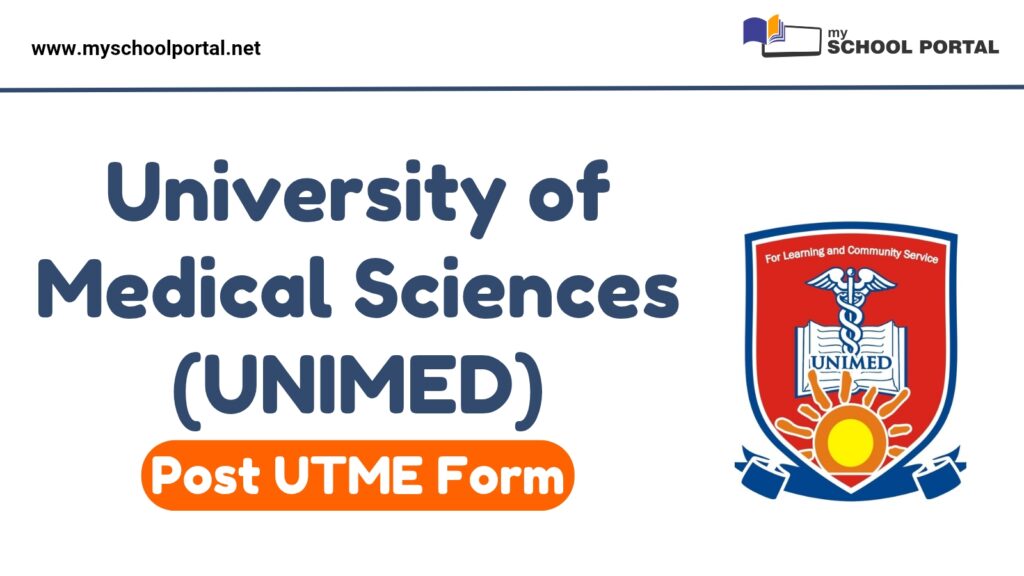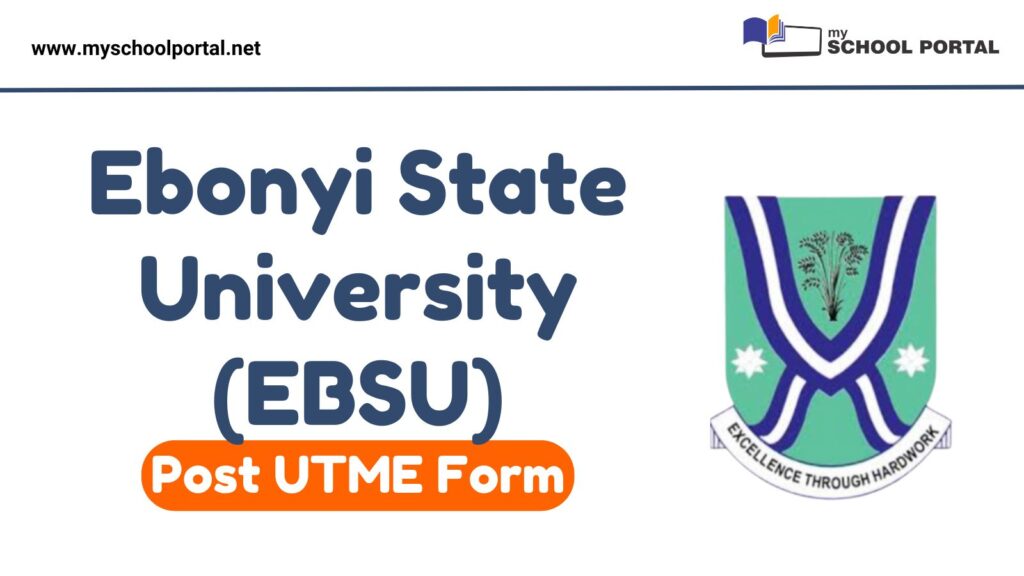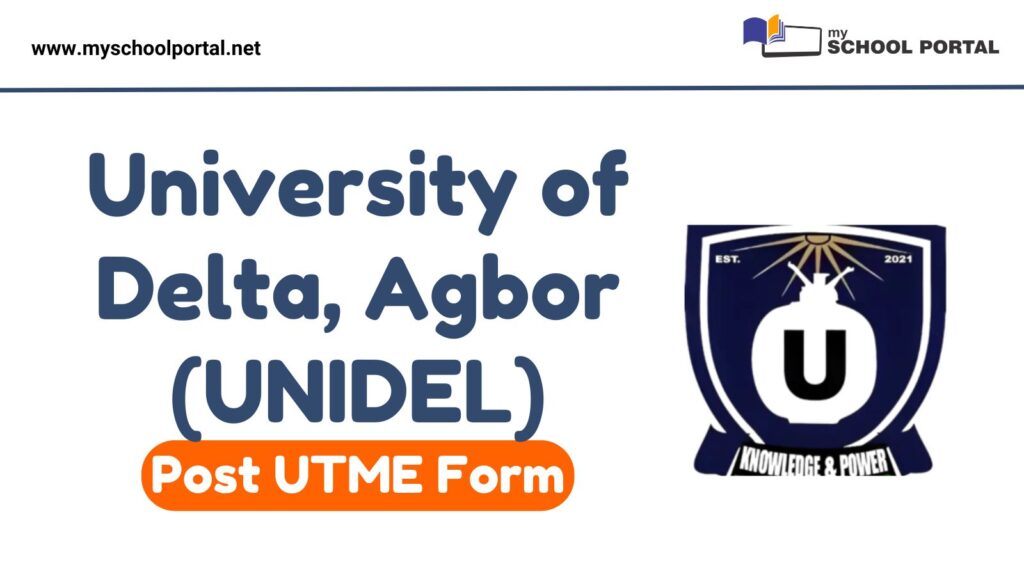Module 1: Advanced Grammar
Topic 5: Clauses and Phrases
Hello, Students!
Welcome back! Today, we are going to learn about two essential building blocks of English grammar: Clauses and Phrases. Understanding these will help you to write better sentences and express your thoughts more clearly.
What is a Clause?
A clause is a group of words that contains a subject and a verb. It is like a mini-sentence. Clauses can be divided into two main types: independent clauses and dependent clauses.
Types of Clauses:
- Independent Clause: An independent clause can stand alone as a complete sentence because it expresses a complete thought.
- Example: She loves reading. (It makes sense on its own.)
- Dependent Clause (Subordinate Clause): A dependent clause cannot stand alone as a complete sentence. It depends on an independent clause to make sense.
- Example: Although she loves reading… (This leaves us asking, “What happened because she loves reading?”)
What is a Phrase?
A phrase is a group of words that does not contain both a subject and a verb. Phrases can add detail to your sentences but cannot stand alone.
Types of Phrases:
- Noun Phrase: A noun phrase includes a noun and the words that modify it.
- Example: The red apple (The noun is “apple”; “the red” modifies it.)
- Verb Phrase: A verb phrase consists of the main verb and any helping (auxiliary) verbs.
- Example: is running (“is” is the helping verb, “running” is the main verb.)
- Adjective Phrase: An adjective phrase describes a noun or pronoun.
- Example: Very tired (Describes how someone feels.)
- Adverb Phrase: An adverb phrase modifies a verb, an adjective, or another adverb.
- Example: With great effort (Describes how something was done.)
- Prepositional Phrase: A prepositional phrase begins with a preposition and ends with a noun or pronoun.
- Example: Under the table (Begins with the preposition “under.”)
Differences Between Clauses and Phrases
- A clause has both a subject and a verb, while a phrase does not.
- A clause can sometimes stand alone as a sentence (if it’s an independent clause), but a phrase cannot.
- Example of a Clause: Because she was tired (has a subject “she” and a verb “was”).
- Example of a Phrase: In the morning (does not have a subject or verb).
How to Use Clauses and Phrases in Sentences
To make your writing more interesting and clear, you can combine different types of clauses and phrases. Here are some examples:
- Simple Sentence with an Independent Clause:
She went to the market. - Complex Sentence with an Independent and a Dependent Clause:
She went to the market because she needed vegetables. - Sentence with a Phrase:
She went to the market early in the morning. - Sentence with a Clause and a Phrase:
Although she was tired, she went to the market without delay.
Practice Exercises:
- Identify if the following are clauses or phrases:
- At the park
- Because he was late
- Running quickly
- Since she left
- Combine the following phrases and clauses to create meaningful sentences:
- Phrase: After the rain
- Clause: The ground was wet
- Create sentences using at least one clause and one phrase.
Why Does This Matter?
Understanding and correctly using clauses and phrases will help you construct more varied and meaningful sentences. It will make your writing more engaging and precise, and you’ll be better prepared for exams, essays, and even everyday communication.
Conclusion
That’s all for today’s lesson on Clauses and Phrases! Remember, clauses have both a subject and a verb, while phrases add extra information to our sentences. Practice these concepts, and you will see a significant improvement in your writing and comprehension skills.
Homework:
- Write 5 sentences using both dependent and independent clauses.
- Identify the phrases in the following sentences and classify them.
Well Done, Everyone!
You’ve done an excellent job today. Keep practicing, and don’t hesitate to ask questions if you’re unsure. Our next topic will be Modifiers and their Placement. Stay curious and keep learning! 😊









